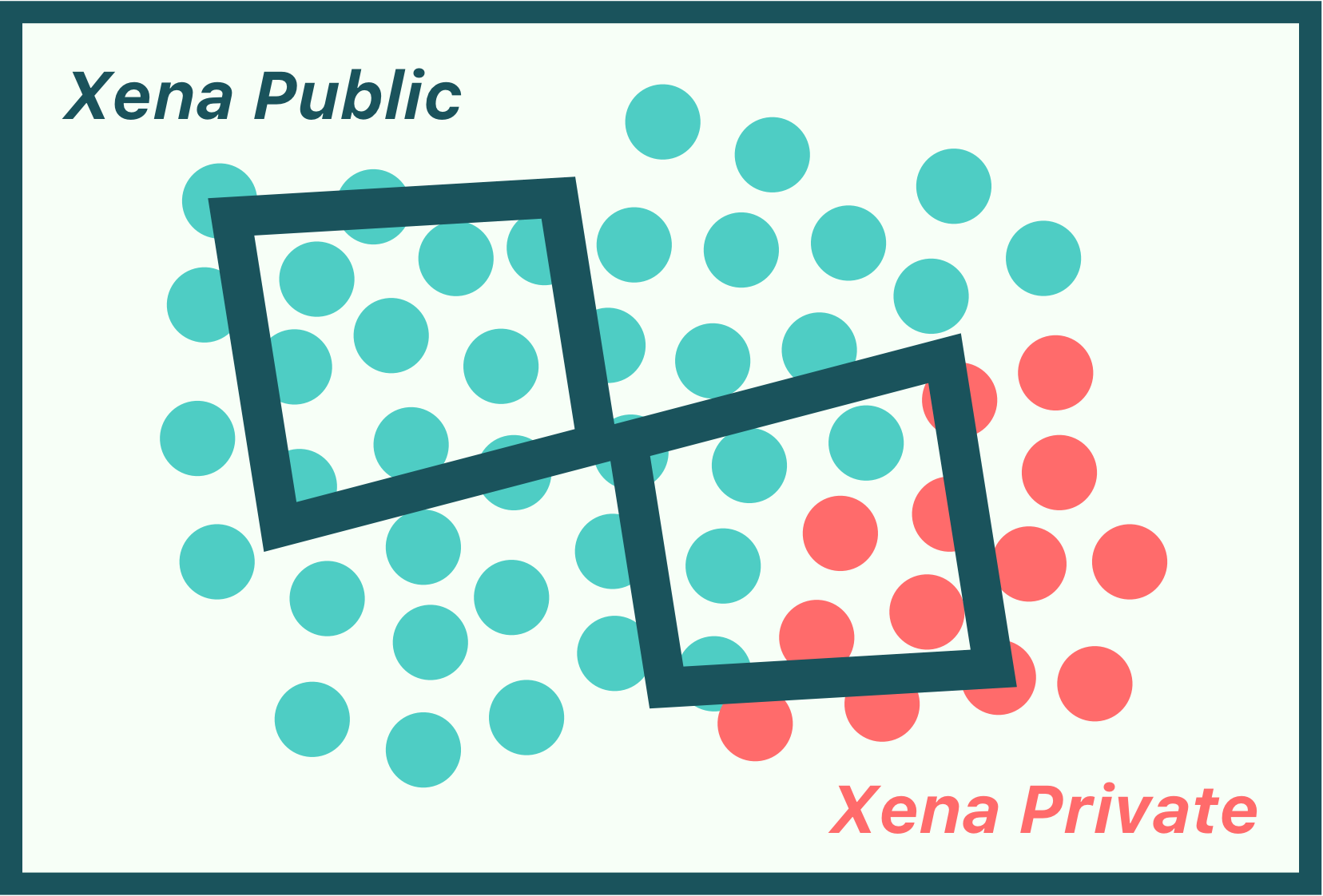UCSC Xena Mentorship Program
Proposal Summary
To cultivate the next generation of biomedical open source software data scientists through recruitment, mentorship, and training of underrepresented students.
Associated Grant
Project

Similar to other software programming-based fields, there is a severe lack of diversity among biomedical data scientists and tool contributors. In particular, the field of precision medicine is facing enormous challenges and needs diverse perspectives to advance the field and ensure that precision medicine benefits everyone, no matter their background. The future of precision medicine will depend on who we foster as the next generation of genomic data scientists and tool contributors. This proposal will establish a mentored internship program for underrepresented UCSC students to apprentice with UCSC Xena, an open source project that develops web-browser based tools for cancer researchers to interactively visualize, query and analyze large-scale cancer genomics datasets. Participating in the Xena project will enable students to gain experience in open source development with an emphasis on genomic and biomedical applications. Students will learn essential skills, including manipulating and analyzing ‘big data’ genomics datasets, using cloud-computing resources, developing automated tests, code documentation, and bioinformatics knowledge. Students will also learn how to participate in open source software development through participation in a real-world genomics project, as well as receive exposure to the many genomics projects based at the UC Santa Cruz Genomics Institute. All participants in the program will also receive a quarterly stipend.
Partner Organization
The Genomics Institute Office of Diversity administers the Research Mentoring Internship program (RMI) for undergraduate students from diverse backgrounds who are interested in learning research skills in genomic science. The RMI program provides students with research training opportunities, financial support in the form of scholarships, and professional development within an extended mentoring community that includes faculty advisors, peer mentors, and the program director.



